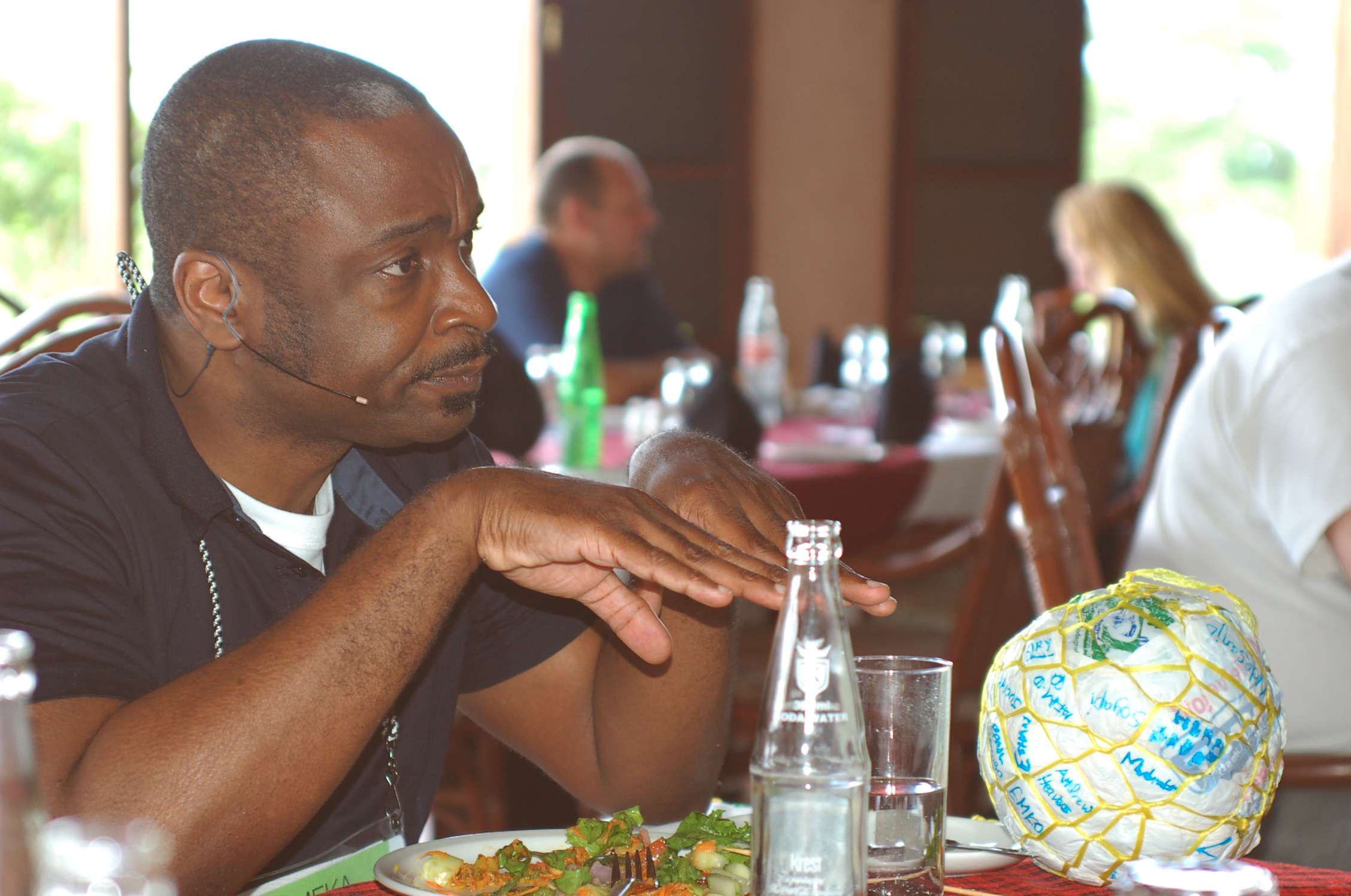
What music inspires you to make the world better?? (photo courtesy: FadderUri)
Echoing Green's Anthony is trying to figure out what music really inspires you to make the world a better place.
Submit your list and win a prize!
Here's what you need to do:
Prepare a list of your songs (artist and title) OR a digital mix tape of your favorite “Bold Songs.” Your mix should contain eight to ten tracks that motivate you to make the world a better place. We recommend that you make your mix using either of the following free services:
- 8Tracks.com – Upload your songs in mp3 format or browse their network to stream your mix tape. We love this new site - we hope you check it out. If you use 8Tracks.com, please start the title of your mix with the words "Bold Songs." Here's a great screencast to get you started.
- iTunes iMix – Create a downloadable mix tape using Apples iTunes software. For help, see this excellent tutorial.
I’ve prepared a sample entry in the comments below. We can’t wait to listen to what you come up with!
The rules:
Submit your mix by September 12nd at 5pm EST by leaving a comment on this blog post (below) with a link to your digital mix tape OR simply leave a comment containing a list of your songs (artist and title). Your comment must also contain a short statement about why you chose these songs. Additionally, entries with profanity or hate speech will be disqualified. All entries that meet these criteria will be entered into a contest for a 4GB iPod nano. Entries will be judged on their creativity and theme by a panel of Echoing Green staffers. The winner will be announced on September 15th at 5pm EST. The winner will have thirty days to claim their iPod prize. The contest is open to anyone except for Echoing Green staff and our beloved family members (and former staff/interns and their family members, etc). Questions? Email me at anthony@echoinggreen.org.



















